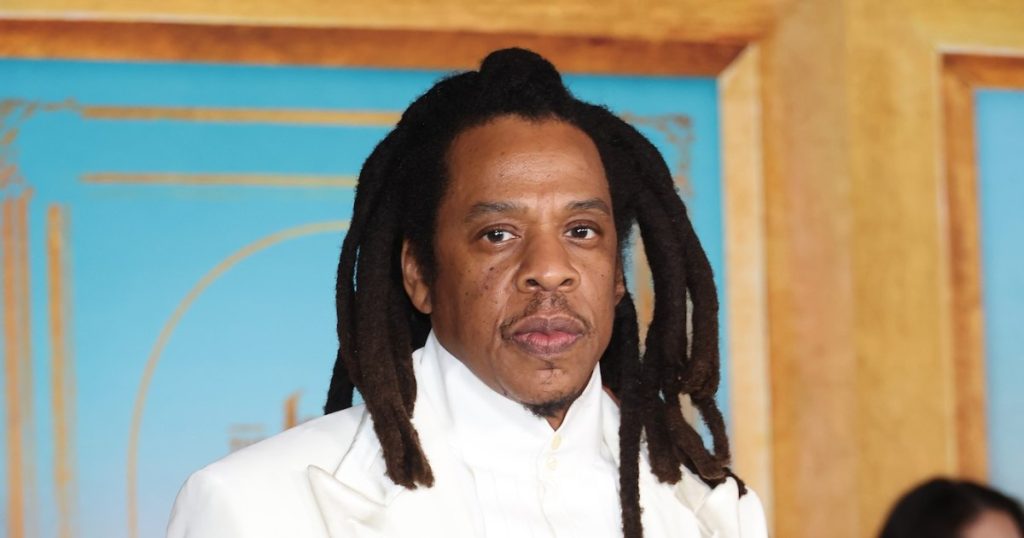This legal entanglement involving rapper Jay-Z, real name Shawn Carter, centers around a rape accusation filed by an anonymous plaintiff, “Jane Doe,” who alleges the assault occurred at an MTV Video Music Awards afterparty in 2000 when she was 13 years old. The case has taken a complex turn with Jay-Z’s lawyer, Alex Spiro, challenging the lawsuit’s validity based on the timing of the alleged incident and the enactment of a specific New York law. The legal wrangling also involves attorney Tony Buzbee, representing Doe, and separate lawsuits between Jay-Z and Buzbee, adding layers of complexity to an already sensitive situation.
Central to Jay-Z’s defense is the argument that the lawsuit relies on the Victims of Gender-Motivated Violence Protection Act (GMV Law), which was not enacted until December 2000, three months after the alleged assault. Spiro argues that the GMV Law cannot be applied retroactively to create a cause of action that was unavailable to the plaintiff at the time of the alleged incident. This legal strategy hinges on the principle of non-retroactivity, which generally prevents laws from being applied to events that occurred before their enactment. This becomes a critical point of contention in the case, as the applicability of the GMV Law directly impacts the viability of Doe’s claim.
Adding to the procedural complexity is the issue of the plaintiff’s anonymity. Judge Analisa Torres has granted Jane Doe’s request to remain unnamed for the time being, but has indicated that this decision could be revisited as the case progresses. This decision was made despite Jay-Z’s lawyer’s attempts to have the case dismissed and Doe’s identity revealed. Judge Torres has also criticized Spiro’s handling of the case, accusing him of being combative and attempting to “fast-track” the proceedings. This adds another dimension to the legal battle, highlighting the tension between the parties involved and the judge overseeing the case.
Beyond the primary lawsuit, a parallel legal conflict has emerged between Jay-Z and Buzbee. Jay-Z has filed a lawsuit against Buzbee, accusing him of extortion and defamation. In response, Buzbee has filed his own lawsuit against Jay-Z’s company, Roc Nation, alleging bribery, threats, and impersonation of state officials in relation to other clients. Roc Nation has dismissed Buzbee’s lawsuit as “baloney.” These separate legal actions further complicate the overall picture and raise questions about the motivations and tactics of the parties involved.
The intertwining of these legal battles creates a multifaceted legal landscape. The core issue remains the rape allegation against Jay-Z, but the legal strategy employed by his defense, the question of the plaintiff’s anonymity, and the separate lawsuits between Jay-Z and Buzbee all contribute to the complexity of the situation. The ongoing legal proceedings will determine the outcome of these interconnected cases and the ramifications for all parties involved.
The case highlights the intricacies of applying legal statutes to historical claims, particularly in cases involving sensitive and potentially traumatic events. The legal arguments surrounding the GMV Law’s retroactivity will be crucial in determining whether the case can proceed. Furthermore, the legal battles between Jay-Z and Buzbee add another layer of complexity, raising questions about the ethics and conduct of the legal professionals involved. The unfolding legal drama promises to be a closely watched affair with significant implications for all parties. The outcome will likely have broader implications for how similar cases are handled in the future, particularly concerning the application of laws to historical events and the protection of accusers’ identities.

